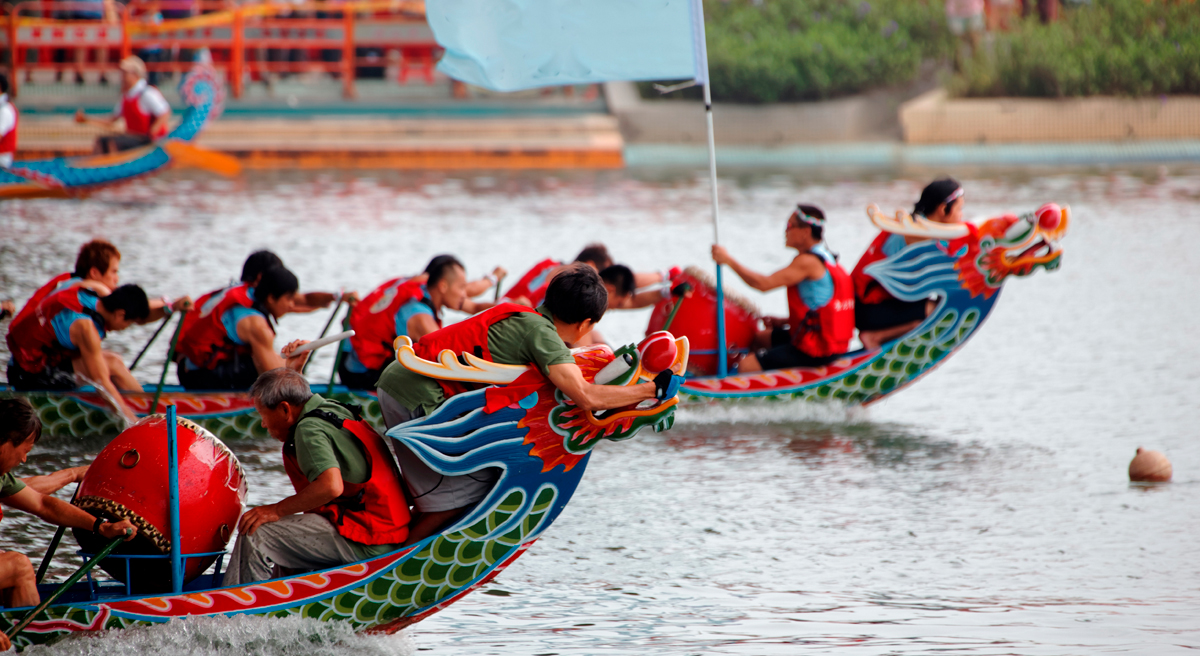West seen from the East

While for what concerns schools there are little differences between China and the West regarding the Summer break (in both cases the closure period is quite long, roughly between June-July and September), workers and employees face big distinctions. In Europe, for example, people enjoy about one month of paid leave during the year, often organized as follows: two weeks are planned by the employee himself and the other two by the company; these last often coincide with the closure period of the company between July and, especially, August.
This organization lead to a tradition of Summer holidays often spent relaxing in touch with nature: some prefer sunbathing, napping and swimming at the seaside (usually going to Southern Europe’s countries) and others go for trekking and digital detox in the mountains. In any case, relax is the motto. That’s quite a difference from the standard Chinese kind of holiday, usually spent visiting the family or exploring other cities, in the whirlwind of emotions every discovery brings.


Anyone working with European companies would better know that during the Summer holiday they’ll be shut down and there’s a high chance that none will answer the phone and emails, for every business stops, to recharge the batteries and come back at their best in September. This also means that, just before the closure, there’s a buzzing period of intense work, trying to organize things for the next month, to close deals, to conclude anything that must be completed urgently. And this also means that September marks a new start, when people are more relaxed and ready to focus on new projects, looking forward to the news to come. Forewarned is forearmed!
